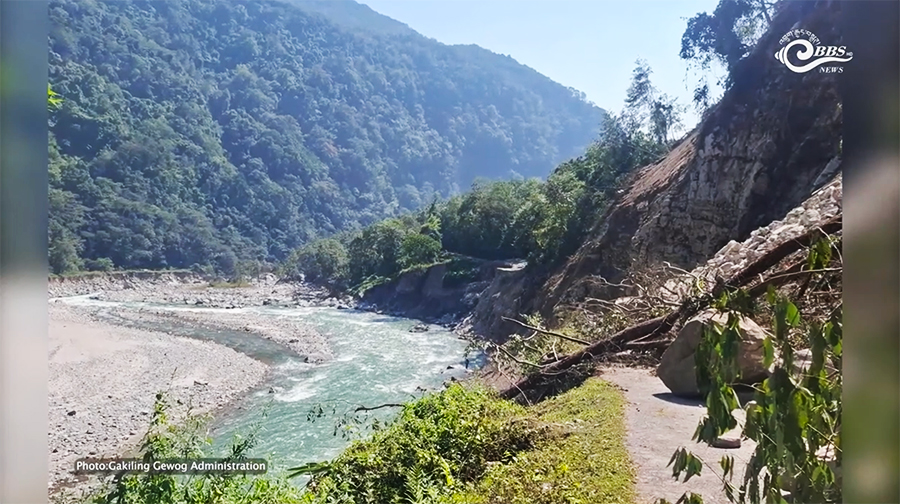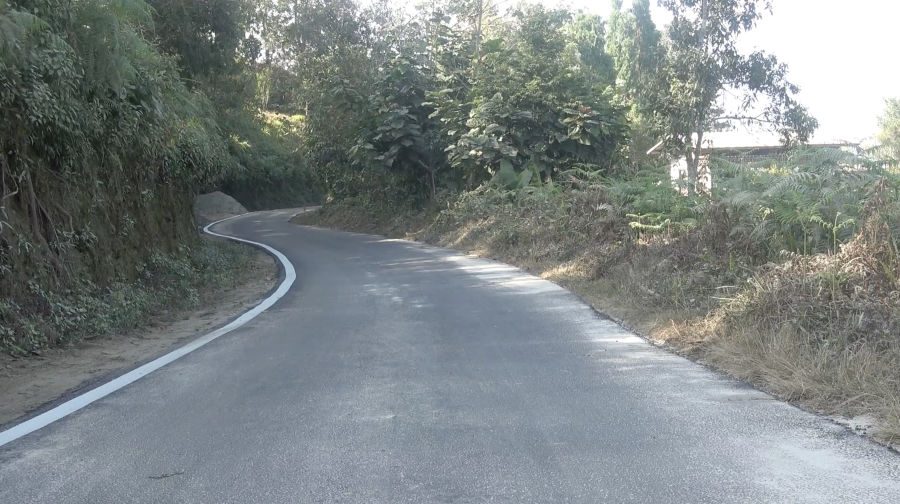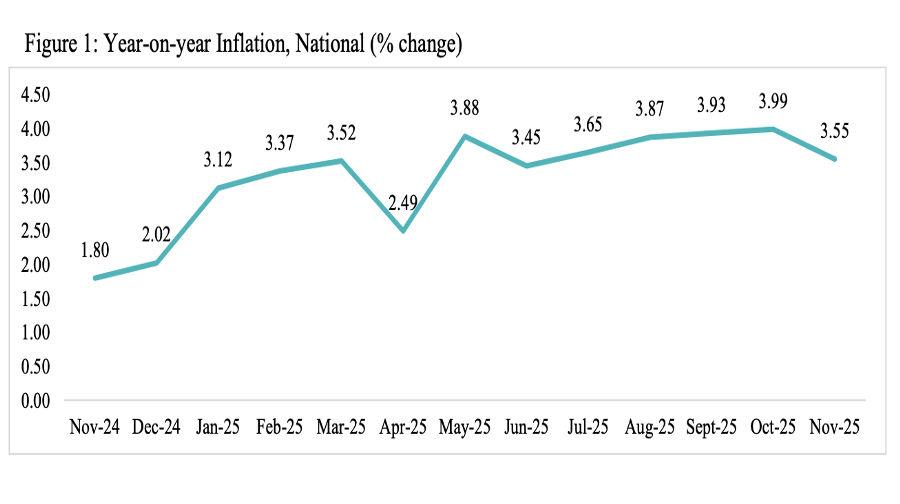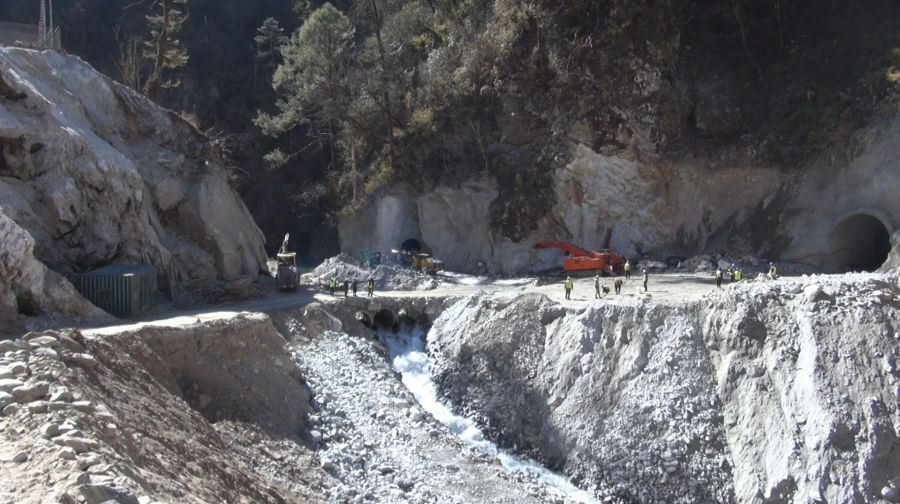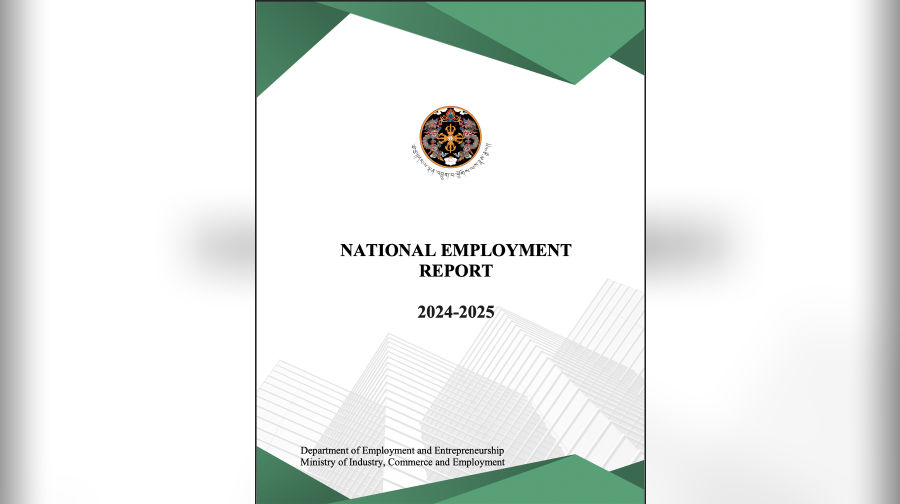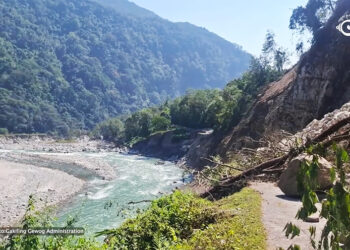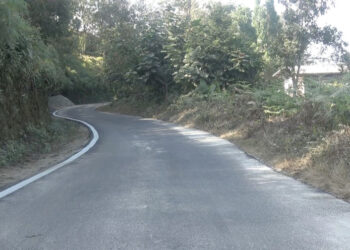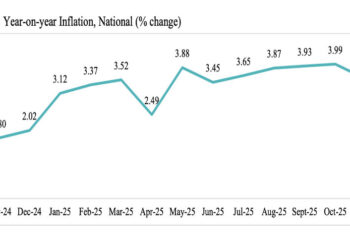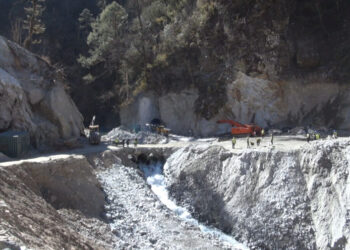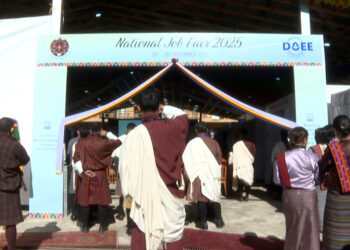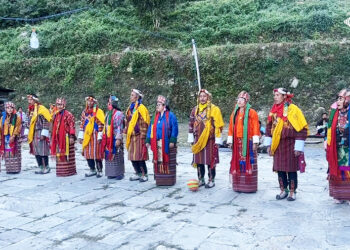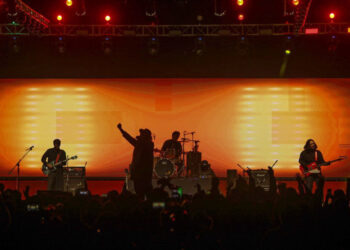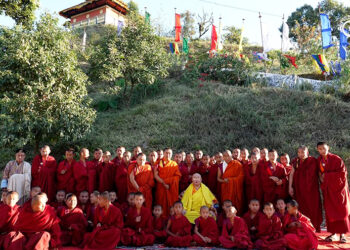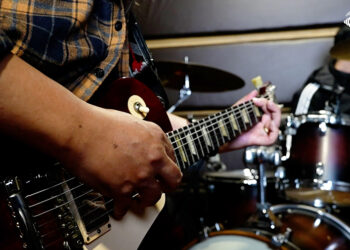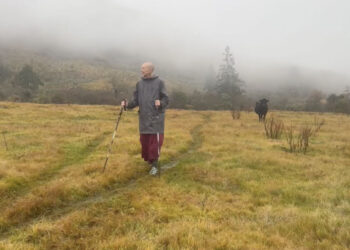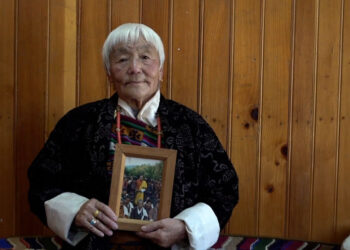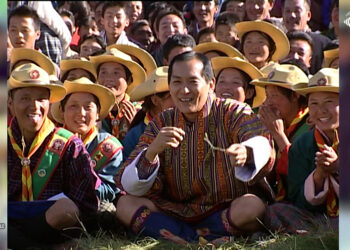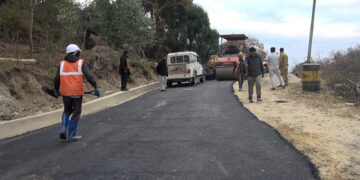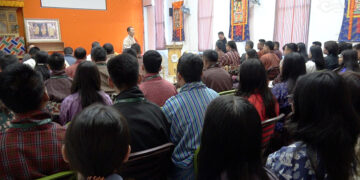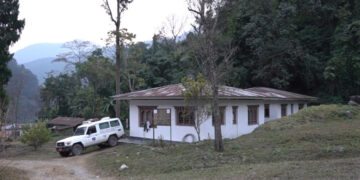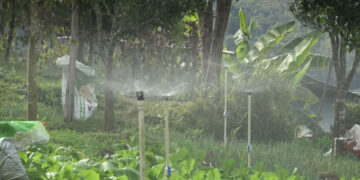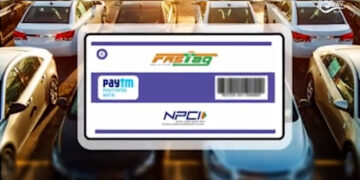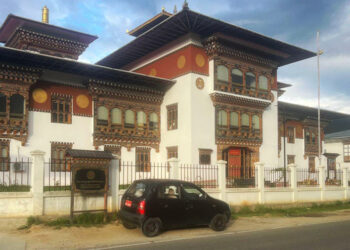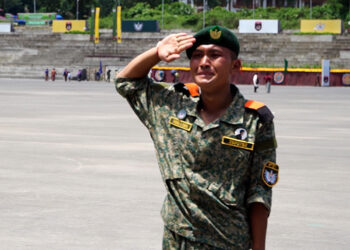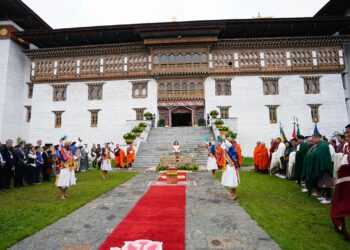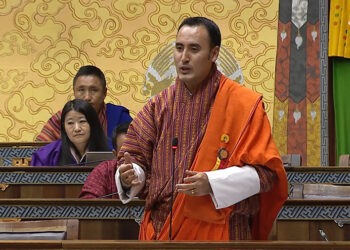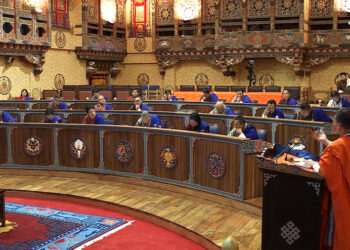Featured News
Youths step up to preserve Sha-Gi Looju ritual in Wangdue Phodrang
Observed once every three years, the Sha-Gi Looju festival in Wangdue Phodrang draws residents home from across the country and...
National Job Fair returns with new focus on long-term careers
After nearly six years, the National Job Fair returned to the capital, with a fresh approach. This time, beyond job...
Ageing population and waning youth interest threaten Dagsa’s Kharphu festival, Monggar
People of Gongdu Gewog’s Dagsa Chiwog in Monggar are struggling to sustain their biennial local festival called Kharphu, due to...
Paro turns up the volume with Bhutan’s first Asia Rock Festival
As prayer flags fluttered in the evening breeze and the sun set behind Paro’s dzong, monasteries and temples, a new...
His Holiness the Je Khenpo concludes spiritual tour
His Holiness the Je Khenpo concluded the almost month-long spiritual tour across the country. Today, His Holiness visited Pedkar Choeling...
Asia Rock Fest–Bhutan marks new era for local rock scene
Bhutan is about to experience something completely new, its first full-scale rock music festival. But this moment did not happen...
British nun Ani Pema Deki completes 400km trek from Haa to Trashigang, raising over Nu 9 M for children with disabilities
Ani Pema Deki, also known as Emma Slade, has completed her 400-kilometre walk across the Trans-Bhutan Trail to raise funds...
Moments with the Great Fourth: memories that still touch Bhutanese hearts
For many Bhutanese, a moment shared with His Majesty the Fourth Druk Gyalpo remains one of the most treasured moments...
His Majesty the Fourth Druk Gyalpo’s timeless vision of happiness still shapes Bhutan’s future
In a world chasing growth through numbers, Bhutan chose to measure something far deeper: happiness. As the nation celebrates the...
JSW Law Graduate makes mark in the U.S., clears New York Bar Examination
A young Bhutanese woman lawyer has made a mark in the international legal arena by passing the prestigious New York...
Politics
FASTag access for Bhutanese vehicles nears resolution as India submits SOP draft
The foreign affairs and external trade ministry has received a draft Standard Operating Procedure from the Indian government concerning the...
Popular
-
Paro District Court sentences two individuals for attempting to smuggle large amounts of US dollars
-
Residents raise safety concerns over illegal activities in Phuentshogling’s Dhekyid Lam
-
RAA links low salaries to persistent financial irregularities in government offices
-
Opposition urges Finance Minister to step down as chair of ESP Steering Committee over lapses
-
GST rollout begins, many still confused
Casino en ligne avec mise en argent réel
Choisissez un casino en ligne avec argent réel pour jouer à vos jeux préférés et retirer vos gains en toute simplicité. Avec des options de paiement rapide et un environnement réglementé, vous bénéficiez d’un divertissement sûr et fiable.
Youth learn Bhutan’s living heritage in Gelephu
Bhutan’s traditional music is rich, but opportunities to learn it remain limited. This winter in Gelephu, the Engaging Youth in...
Youths step up to preserve Sha-Gi Looju ritual in Wangdue Phodrang
Observed once every three years, the Sha-Gi Looju festival in Wangdue Phodrang draws residents home from across the country and...
Landslides, floods leave Gakiling roads vulnerable ahead of monsoon, Haa
Heavy rainfall-triggered landslides and flash floods in October last year have left several roads in poor condition across Gakiling Gewog...
Tsirang Toed road upgrade brings comfort, cuts travel time
After years of navigating a rough road, commuters travelling along the Tsirang Toed road are once again enjoying the comfort...
Zakar
Recent News
- Youth learn Bhutan’s living heritage in Gelephu
- Youths step up to preserve Sha-Gi Looju ritual in Wangdue Phodrang
- Landslides, floods leave Gakiling roads vulnerable ahead of monsoon, Haa
- Tsirang Toed road upgrade brings comfort, cuts travel time
- November inflation surges to 3.5%, almost double 2024 rate
News Category
- Accidents
- Agriculture
- Announcement
- Audience Survey Report
- Business
- Crime/Legal
- Culture
- Development
- Disaster
- Economy
- Education
- Entertainment
- Environment
- Feature
- Featured
- Festival
- Global Peace Prayer Festival
- GMC
- Gyalsung
- Headlines
- Health
- HYDROPOWER
- K4 70th Birthday special feature
- Legal
- Literature
- Livestock
- Media
- Other Stories
- Politics
- RCSC
- Recent stories
- Religion
- Sci/Tech
- Social
- Sports
- Technology
- Textile
- Tourism
- Uncategorized
- Video
- Video Story
- Wildlife
© 2024 BBSCL. All rights reserved.



